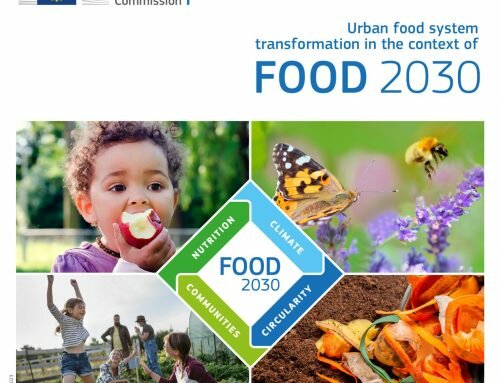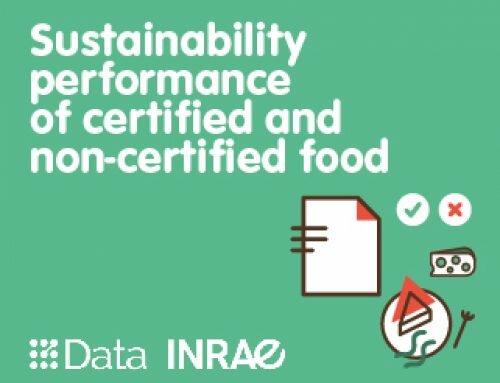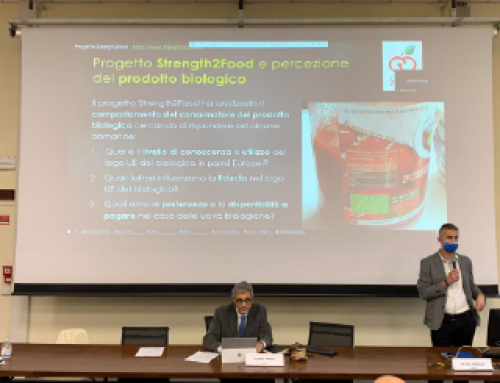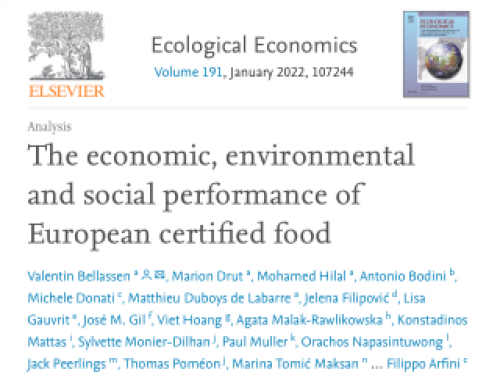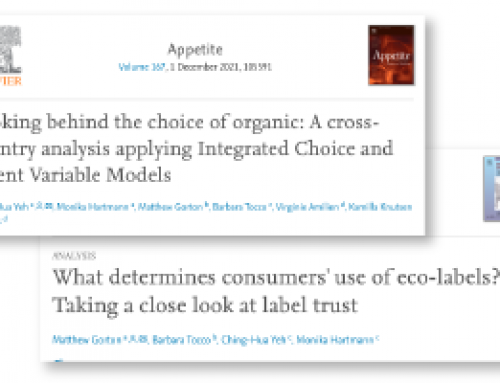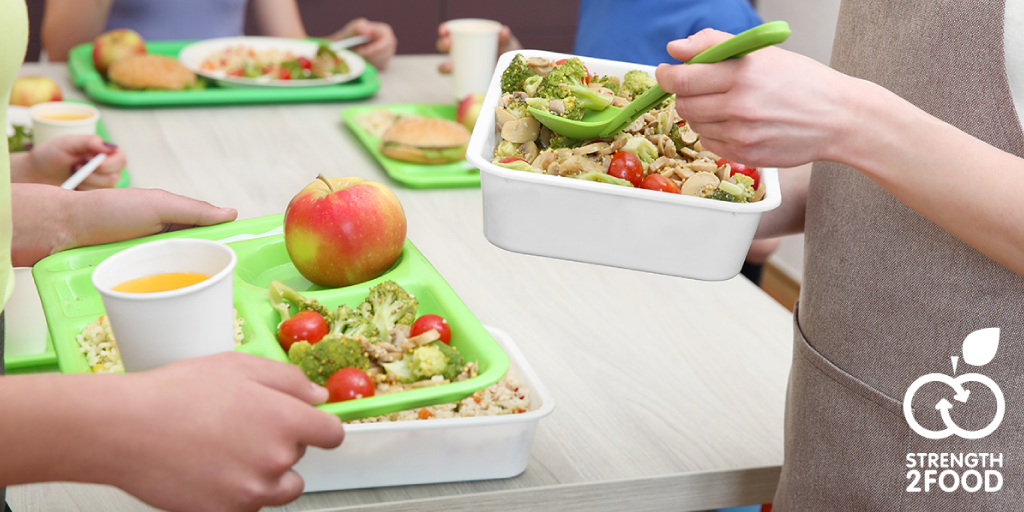
An analysis of food waste generated in primary school canteens was carried out to compare two Italian case studies (Parma vs Lucca), characterised by different food procurement models (local-organic vs organic), in relation to children’s plate waste and their refusal towards vegetables. By applying an aggregate selective plate waste method, data were collected from 4 primary schools, 2 per case study, during 10 days each, while a 5-point Likert scale was used to assess vegetable preferences. A lower waste for most of the food categories was registered in Parma (from 14.5% to 35.7%) compared to Lucca (from 11.8% to 55.5%), where a higher fraction of children (38%) compared to Parma (18%) did not appreciate the vegetables. The obtained results suggest that favouring the inclusion of products originating from the territory in the school food provision can contribute to greater acceptability of the school menus and consequently to lower food waste by children.
Read the full conference abstract here.


